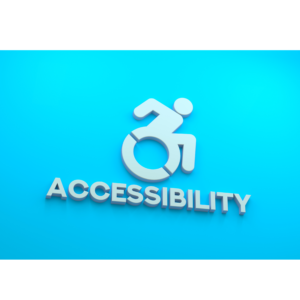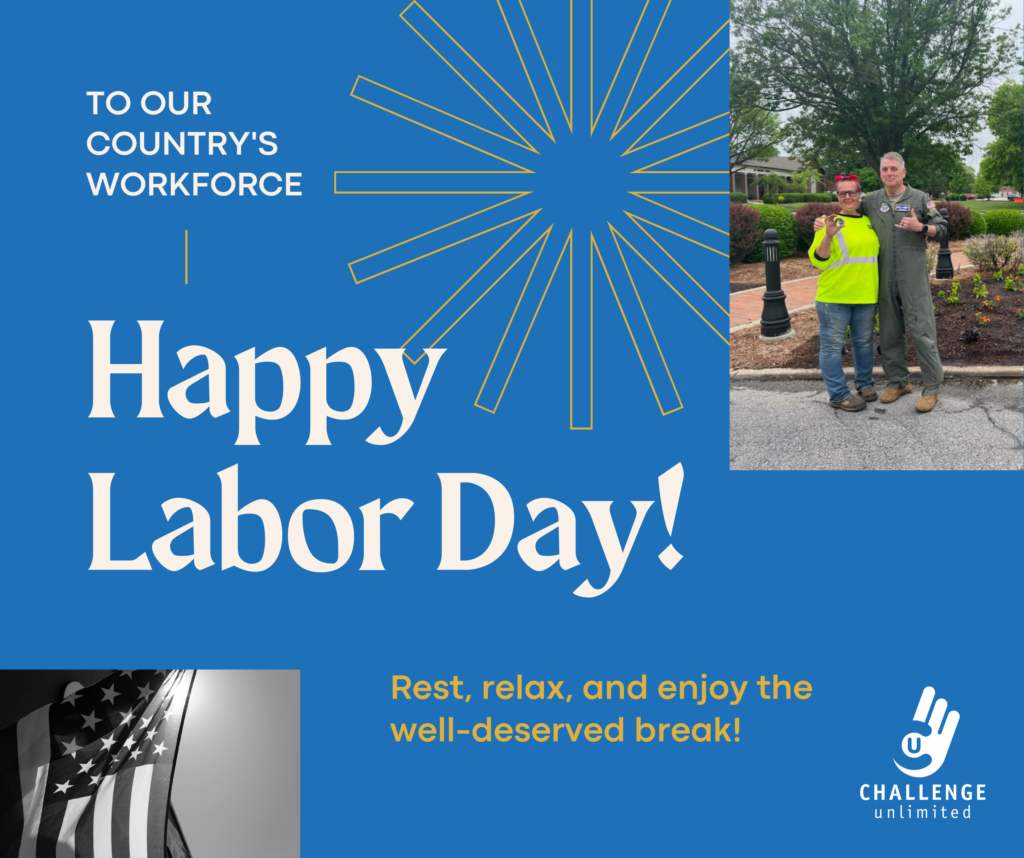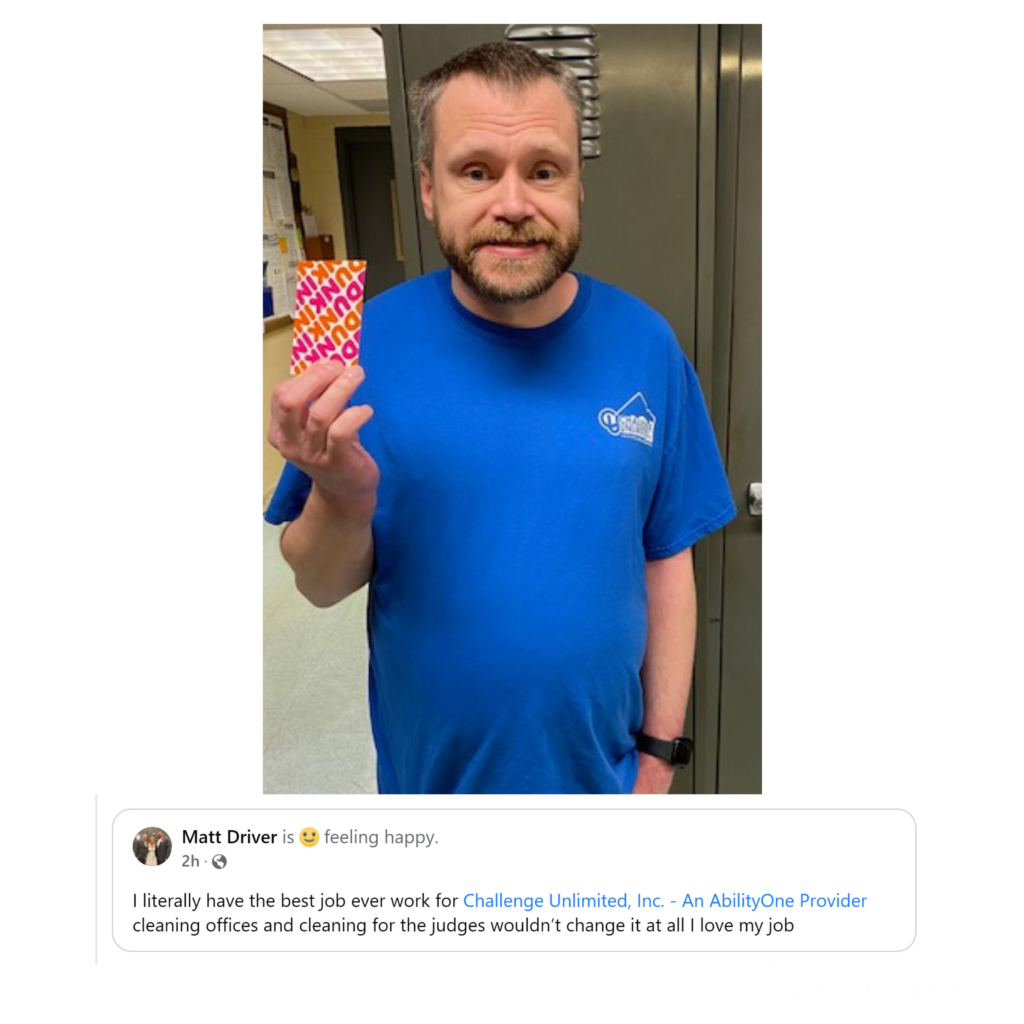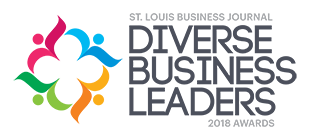♪ “I’m goin’ to Jackson, but I’m not gonna mess around.” ♪
Johnny Cash’s iconic words resonate with a different journey today – the journey towards creating a brighter future for disability employment. In Mississippi, 256,889 individuals ages 18 to 64 identify as having a disability, and 64% of those individuals are unemployed. (Mississippi By The Numbers)
Advocating for Change from Jackson to D.C.
October is National Disability Employment Awareness Month, and GSA Jackson team member Jeffie Walker is not a statistic. He exemplifies the transformative power of inclusion and the strides made in the workforce, but we have a long way to go. He can assure you that individuals with disabilities are not “messing around” but are seizing their rightful place in the world of employment, and his journey is a testament to his determination and resilience in the face of adversity.
Jeffie’s Story
Mr. Jeffie Walker is a self-proclaimed “huge sports fan” and aspires to own his own home so that he can have the “man cave” of his dreams. His story is just one example of how individuals with disabilities can overcome challenges to achieve outstanding success, but the path was not without its obstacles.
After earning a Mass Communications degree from Jackson State University, Jeffie encountered difficulties securing employment due to his disability. However, he refused to be disheartened and, with the unwavering support of his family, friends, and counselors, embarked on a new journey within the AbilityOne Program.
He began as a janitor in the McCoy Federal building in downtown Jackson, Mississippi. Over eight years in this role, Mr. Walker displayed unparalleled dedication and work ethic, becoming an integral part of his workplace. However, uncertainty loomed when the company he worked for lost the contract.
A Chance to Shine
During this critical period, Challenge Unlimited recognized Mr. Walker’s exceptional qualities and not only retained him on the team but was promoted to the building’s sole Floor Care Technician. This marked a significant milestone, his first-ever promotion, and an accompanying raise.
Among his numerous accomplishments within the AbilityOne Program, Mr. Walker is incredibly proud of his promotion. This achievement highlights his dedication and showcases his potential for growth. Jeffie’s success led him to be selected to represent his company and coworkers in Washington, D.C., at the SourceAmerica Grassroots Advocacy Conference, showcasing his ability to advocate for the program’s mission and the contributions of individuals like him. He’s funny, charismatic, and a delight to be around.
Winning
He was nominated by his supervisors for the SourceAmerica William M. Usdane Award, which serves as a powerful reminder that individuals with disabilities are invaluable assets to the workforce and can thrive when given the opportunity. This nomination is more than just a recognition of his achievements; it’s a beacon of hope for others facing similar challenges.
While the award’s winner has yet to be selected, Jeffie is already a winner in our book. He is committed to his job, and his dedication to advocating for himself and others is exemplary. “To be honest, I think people with disabilities can do just as well or even better jobs if given support and guidance,” said Walker. He exemplifies the transformative power of determination, hard work, and the impact of a supportive work environment. We firmly believe that Mr. Walker deserves to be celebrated for his achievements. Jeffie can inspire countless others to overcome obstacles and pursue their dreams. He is proof that you can achieve anything you put your mind to.
Click below to listen to Jeffie’s speech.

 On September 11, 2001, the world witnessed one of the most tragic events in modern history—the terrorist attacks on the World Trade Center in New York City and the Pentagon in Washington, D.C. This day changed the course of our nation and had a profound impact on the lives of countless individuals. Our first responders and all who experienced this tragedy will never forget the events of that day and many have suffered from the trauma every since.
On September 11, 2001, the world witnessed one of the most tragic events in modern history—the terrorist attacks on the World Trade Center in New York City and the Pentagon in Washington, D.C. This day changed the course of our nation and had a profound impact on the lives of countless individuals. Our first responders and all who experienced this tragedy will never forget the events of that day and many have suffered from the trauma every since.
 Introduction
Introduction


